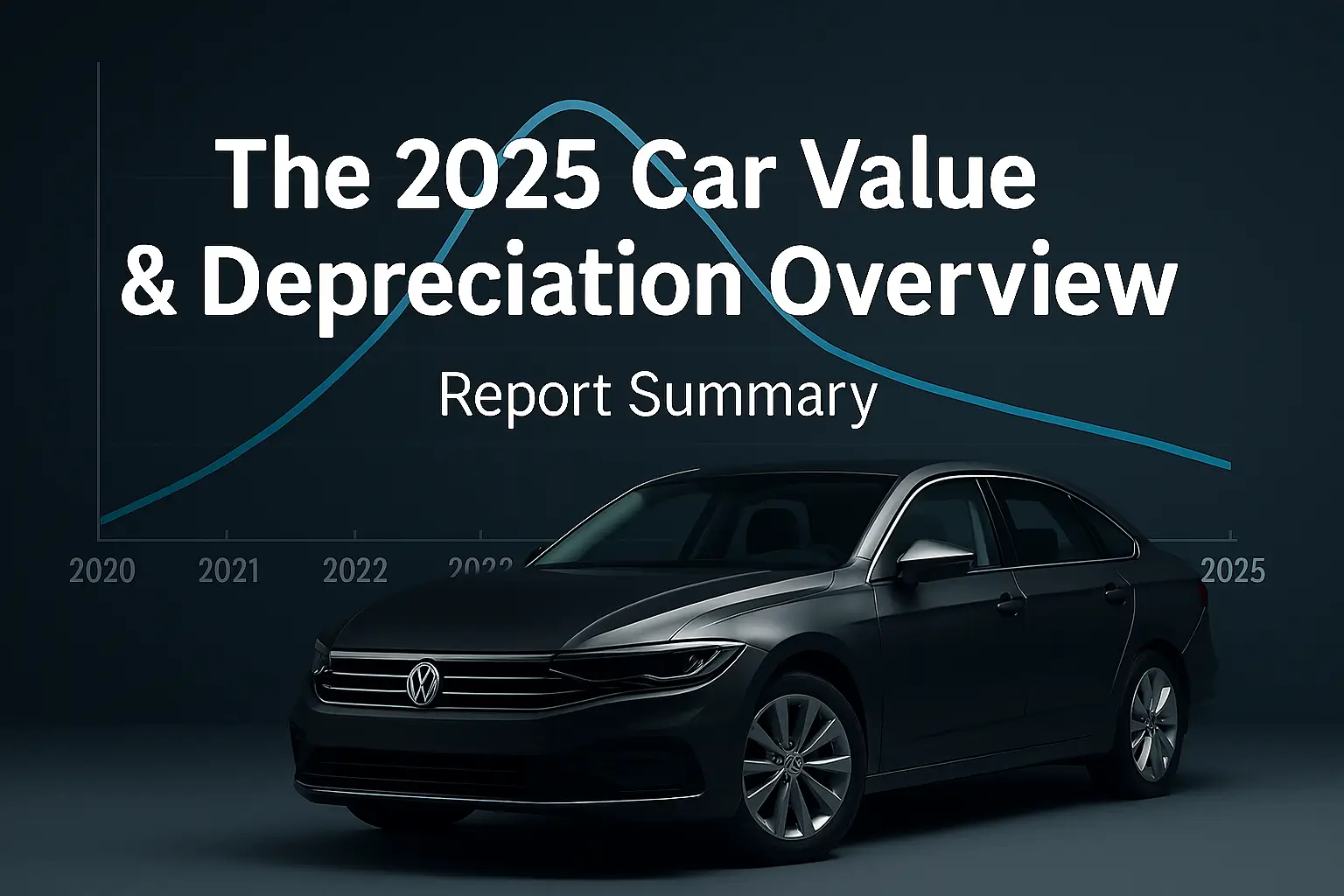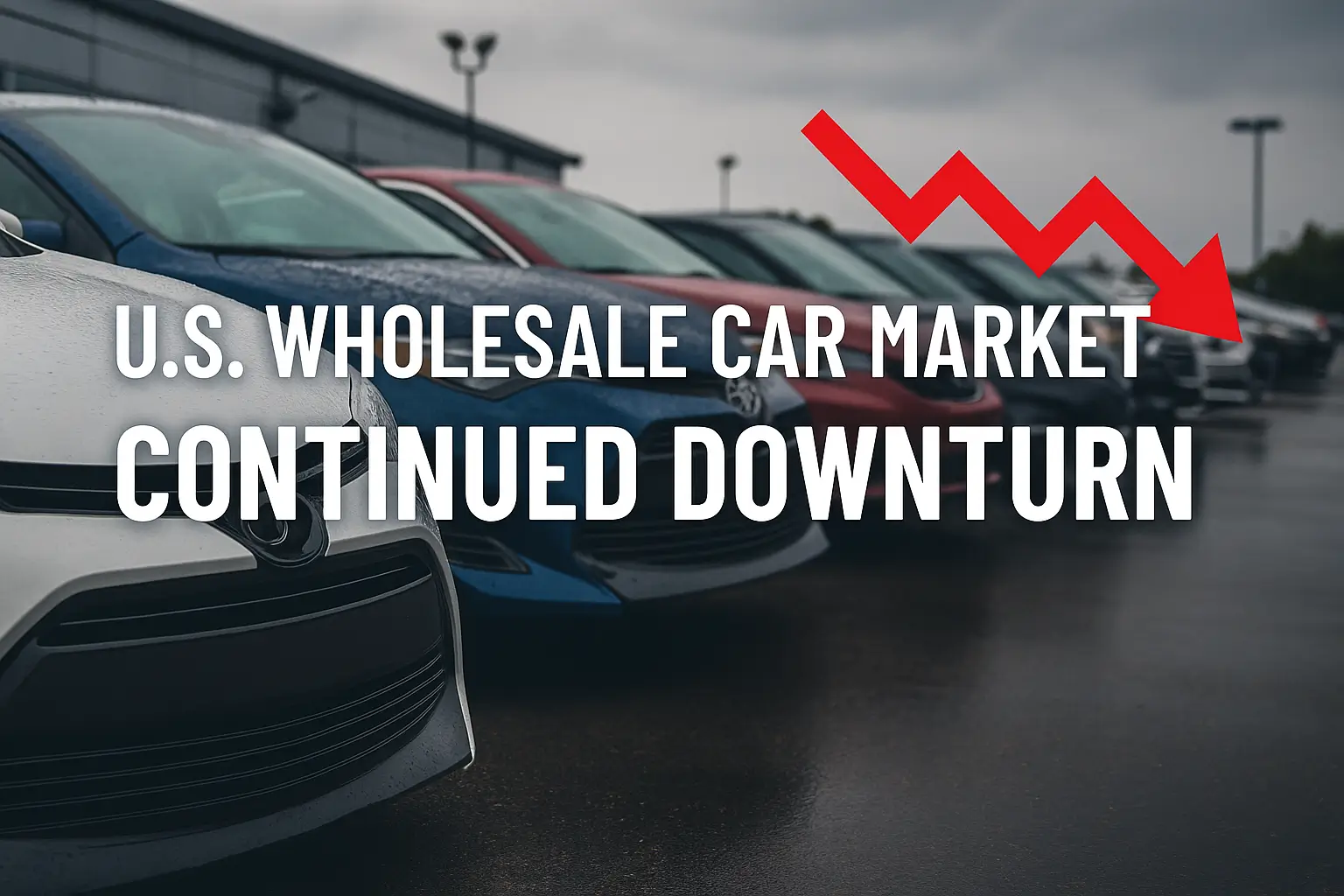We get this question a lot; the quick answer is NO! But there are a few exceptions.
First off, the only way you can keep your car is if you own it outright. If there’s a lien on your vehicle, then you cannot even retain it.
The Steps:
- Your vehicle is wrecked
- The insurance company gives you a repair estimate
- Your vehicle is declared a total loss by the insurance company. This usually happens if the repair cost exceeds 75% of the vehicle’s actual cash value (ACV).
- The insurance company gives you an offer, this amount is to allow you to replace your vehicle with another, the insurance company will provide you with a vehicle valuation report.
- You review the report, if the value offered is unfair, you can contact us for an appraisal. Visit our Total Loss page.
- Once the ACV is settled upon, you can request the retention value of your vehicle. and this is how this works:
Let’s say ACV is $10,000, you request the retention value, and the insurance company will contact a salvage auction, most likely Insurance Auto Auction, Manheim, or Copart and get the average salvage value of your vehicle.
The salvage value is usually the average of the auction sale price of ALL the vehicles with the same make and model as yours, not accounting for miles or trim level. So if you have a high-trim vehicle with low miles or a low trim with high miles, the amount is generally the same. The Salvage value is non-negotiable most times.
The salvage value is then deducted from ACV and you receive the retention value of your vehicle.
Example:
ACV = $10,000
Salavage Value = $2,000
Retention Value = $10,000 – $2,000= $8,000
So, you can either take 10 grand in cash or 8 grand and keep your car.
Reasons why you should retain your car:
- The vehicle is Drivable and fully operational. #1 reason.
- You can sell it for more than the salvage value. #2 reason.
- You can get your vehicle repaired for a fraction of the repair estimate. #3 reason.
- The salvage value is very low
- Your vehicle is a collectible
- Your vehicle is unique
- You just spend a bunch of money on major repairs
- The vehicle has sentimental value
Reasons you should let your car go:
- It has a salvage title
- It may be hard to insure (full coverage)
- Will NEVER drive the same
- Will NEVER feel the same
- Structural Integrity
- It’s a hassle
- Disclosure Laws
- Cannot legally drive it until the repairs are done
- The salvage-to-rebuild process is long and full of red tape
- You want all the money NOW
- You have no time
- You cannot
Keep in mind, if you keep your vehicle, you will be issued a SALVAGE title from the state and you have to surrender your tags.
How can I Drive my car again?
It depends on your state, but usually this involves the conversion of your Salvage Title to a Salvage/Rebuilt title, different states handle these situations differently, Georgia for example required a complete repair and an inspection, but NC on the other hand only required a VIN check. So, it all depends on your state, Georgia is NOT rebuilt friendly!
When you order an ACV valuation from us, we will be able to tell you what salvage value should be, if the insurance company tells you it’s less, keep your car, if they say it’s more, let them have it!
If you want to sell it and not fix it, we recommend an online auction like eBay.
Can You Keep Your Totaled Car? A Comprehensive Guide
Quick Answer:
No, you usually cannot keep your totaled car—unless you own it outright. If there’s a lien on your vehicle, keeping it is not an option. Below, we’ll walk you through the steps, key considerations, and pros and cons of retaining a totaled car to help you make an informed decision.
The Steps to Keeping Your Totaled Car
- Vehicle is Declared a Total Loss:
After an accident, your insurance company will estimate repair costs. If these costs exceed 75% of your car’s Actual Cash Value (ACV), your vehicle will likely be declared a total loss. - Insurance Offers a Settlement:
You’ll receive a settlement offer based on your car’s ACV, which is its market value before the accident. If the offer seems unfair, you can request an independent appraisal for verification. - Request the Retention Value:
If you decide to keep the car, the insurance company deducts the salvage value from the ACV. Salvage value is the average auction price for similar vehicles, often determined by salvage companies like Insurance Auto Auction or Copart. - Final Settlement Example:
- ACV = $10,000
- Salvage Value = $2,000
- Retention Value = $10,000 – $2,000 = $8,000
You can either take $10,000 and let the car go or accept $8,000 and keep the vehicle.
Reasons to Retain Your Totaled Car
- It’s Still Drivable: If the vehicle is operational and safe, it might make sense to keep it.
- Repair Costs are Lower: You might be able to repair the car for less than the insurance company’s estimate.
- Higher Resale Potential: Selling it yourself could net you more than its salvage value.
- Sentimental Value: If the car has emotional significance or recent upgrades, it may be worth keeping.
- Unique Vehicle: Collectibles or rare vehicles might be difficult to replace.
Reasons to Let Your Totaled Car Go
- Structural Integrity Issues: A car that has been heavily damaged might not drive or feel the same, even after repairs.
- Salvage Title Challenges: Vehicles with salvage titles are harder to insure and resell.
- Complicated Rebuild Process: The salvage-to-rebuilt title process can be lengthy and vary by state.
- Immediate Need for Cash: If you need the full settlement amount quickly, retaining the car isn’t the best option.
What Happens if You Keep Your Car?
- Issued a Salvage Title: Your car will be reclassified as a salvage vehicle.
- Surrender Your Tags: You’ll need to surrender your license plates to the state.
- Rebuilding Requirements: Each state has different processes for converting a salvage title to a rebuilt title. For example:
- Georgia: Requires full repairs and an inspection.
- North Carolina: Only requires a VIN check.
How to Drive Your Car Again
To legally drive a totaled car, you must convert the salvage title to a rebuilt title. Requirements vary by state, so check your local laws. If you decide to sell the car without repairing it, online auctions like eBay are excellent platforms for connecting with buyers.
Pro Tip for Negotiating with Insurance Companies
When requesting an ACV valuation, our team can help you determine a fair salvage value. If the insurance company offers less than the salvage value, it might be worth keeping the car. On the other hand, if they offer more, it’s better to let them take it.
Conclusion
Deciding whether to keep your totaled car depends on several factors: its condition, your financial situation, and your plans for the vehicle. Always weigh the pros and cons, consider your state’s regulations, and consult experts to ensure you’re making the best decision for your circumstances.
If you’re unsure, contact us for an appraisal or expert advice on navigating the process. Whether you’re keeping or selling your car, we’re here to guide you every step of the way.
Meta Description
Learn the steps, pros, and cons of keeping your totaled car. From salvage titles to retention values, get expert tips to make an informed choice.
Suggested Titles
- Can You Keep Your Totaled Car? Here’s How
- Totaled Car Decisions Made Simple
- Keep or Let Go? What to Do with a Totaled Car
- How to Decide if You Should Keep Your Totaled Car
- Everything You Need to Know About Totaled Cars
- Salvage Value Explained: Should You Keep Your Car?
- Retaining a Totaled Car: Pros and Cons
- What Happens When You Keep a Totaled Car?
- Totaled Cars: Understanding Your Options
- Salvage Titles, Retention Value, and Keeping Totaled Cars



